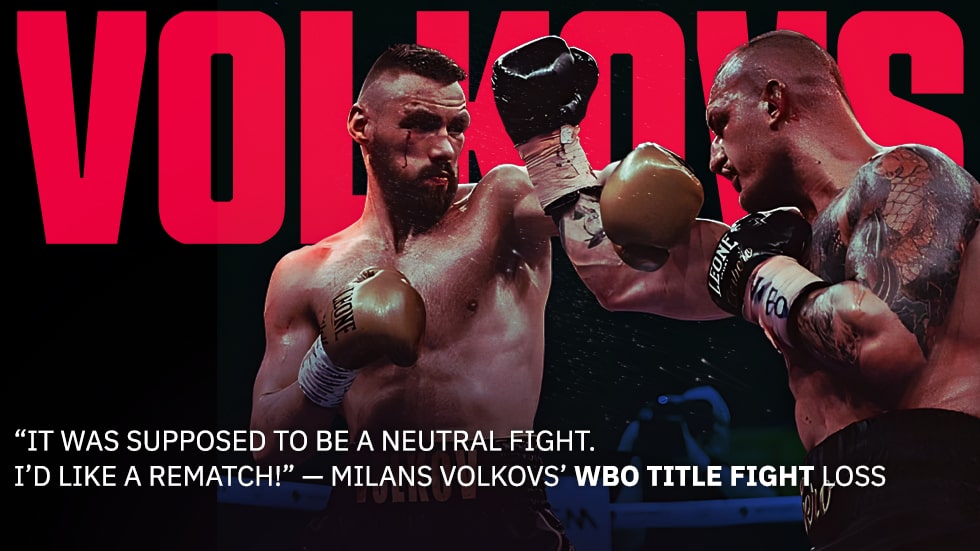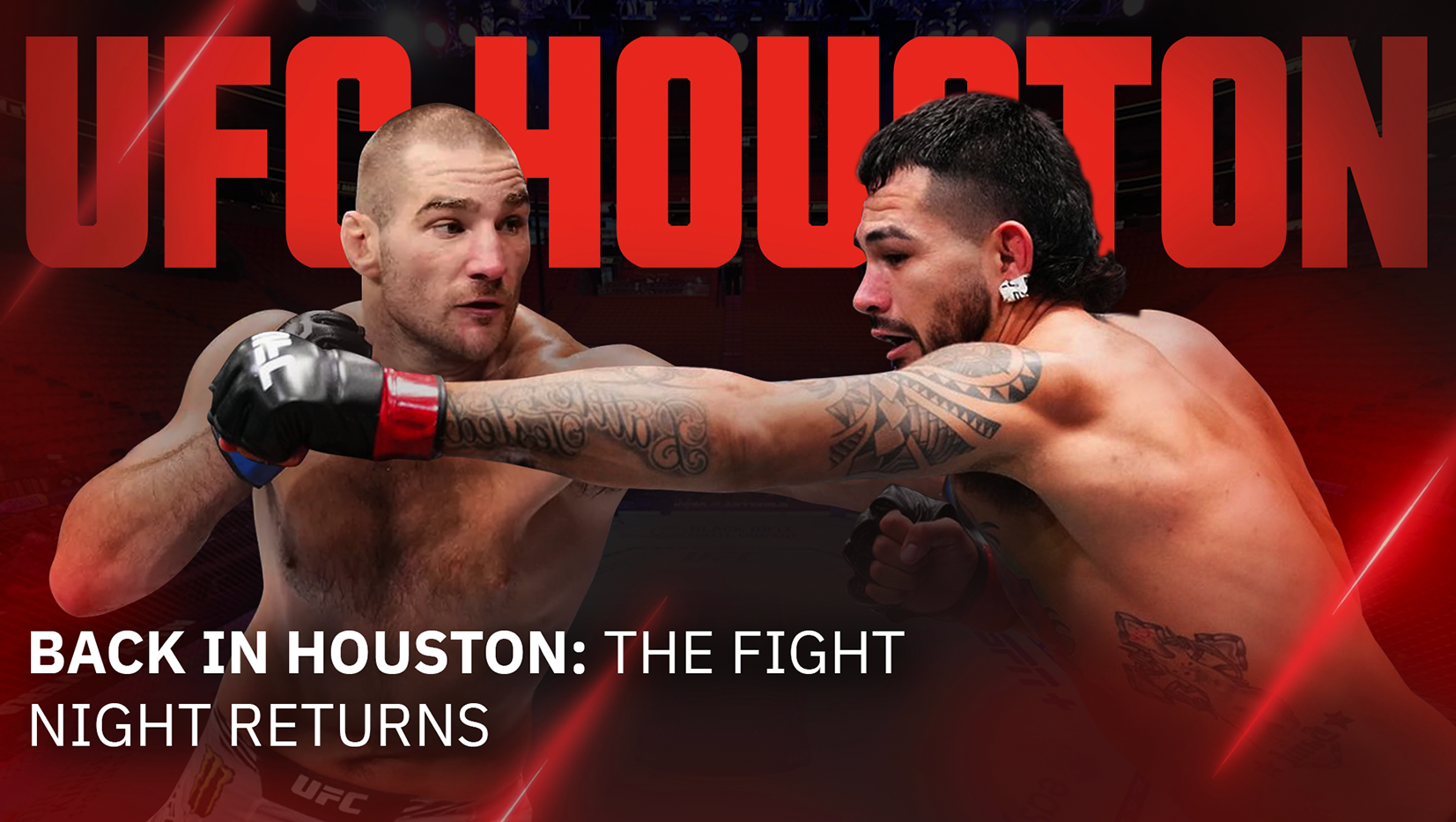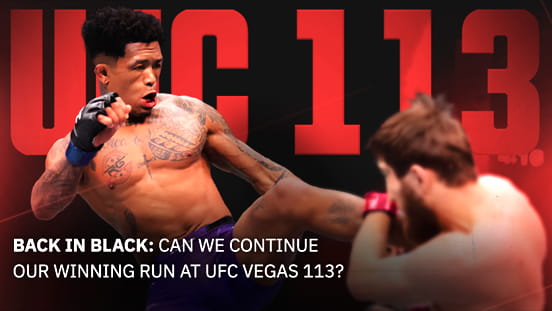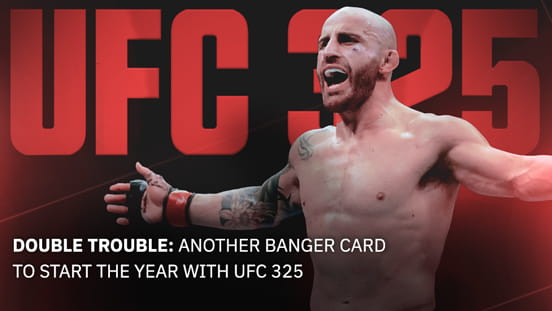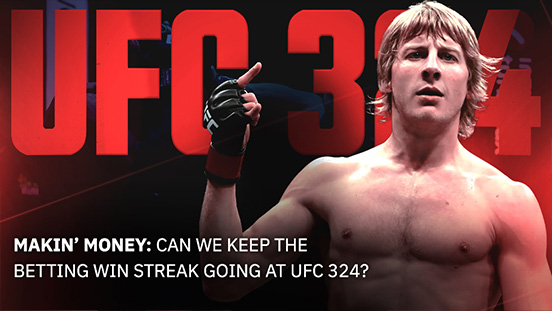In front of a hometown crowd at the historic Piazza Santa Croce, local favorite Fabio “Stone Crusher” Turchi captured the WBO Global Cruiserweight Title with a disputed points victory over Latvia’s Milans “Big Bad Wolf” Volkovs.
Turchi was awarded a unanimous decision on the judges’ scorecards (97–93, 97–93, 97–94) after 10 rounds, but the verdict stirred controversy — with observers, Volkovs’ team included, believing Milans had done more than enough to emerge as the true winner.
“I’ve received messages from Italians themselves—friends of Fabio’s—people in the States, Spain, everywhere. Foreign outlets ran pieces saying I was robbed, and the ESPN Top Rank and DAZN commentators agreed.”
Those words came in a call with SlotsFighter as Volkovs dissected ten rounds that, in his view, should have delivered him his first WBO Global belt.
Volkovs vs. Turchi Recap — A Tough Title Fight to Chew
With the magnificent Basilica di Santa Croce overlooking the ring, 31-year-old Florentine Fabio Turchi (24–3, 16 KOs coming in) was riding a four-fight win streak coming in, while 25-year-old Milans Volkovs (11–3–2, 6 KOs pre-fight) entered his first ever title bout on foreign soil.
Turchi pressed forward immediately in round one to claim the center of the ring. Volkovs started carefully, circling on the outside and testing the range. By round two, however, Milans had shed his early caution and began trading with the Italian, which is where Volkovs’ confidence grew.
“Those first two or three rounds I was feeling him out—figuring out how he works, what he was going to do. I also needed to loosen up myself; it was my first time going the full ten‑round distance. I knew I could handle it, but I had to find my rhythm.”
Turchi’s heavier-handed combinations landed as intended. Volkovs countered. Fabio enjoyed success in rounds three and four, loading up on power shots. However, Volkovs showed great durability, absorbing even Turchi’s best punches.
“At the start of the fourth round I noticed his right eye was completely
shut. He couldn’t see.”
This is where the Italian’s focus on offense began to cost him: by the end of round four, Fabio’s right eye was visibly swelling from Volkovs’ sharp counters. This injury would only worsen as the fight wore on, eventually closing almost completely.
From the fifth round on, momentum clearly shifted in favor of Volkovs. Sensing Fabio’s vision was impaired, Volkovs picked up the pace. He began to outbox Turchi in the middle rounds. As Fabio’s right eye slit shut, his offensive output waned — the Florentine struggled to find his range when he could barely see the incoming shots.
Volkovs took control of the ring generalship at this point, scoring with clean combinations and growing in confidence. Round seven was more competitive as Turchi summoned some reserve energy, but by round eight the visitor was firmly in command again.
“I remember blood spraying during the fight. I kept thinking it was my own face—[my coach] Igors kept wiping me down in the corner—but we couldn’t figure out where it was coming from. Turns out it was all Fabio: his nose, his eye… I was covered in his blood, and so was the referee.”
In the final two rounds, knowing the fight might be hanging in the balance, Turchi dug deep for a last stand. The Italian mustered a courageous offensive burst in rounds nine and ten. He plowed forward, trying to bully Volkovs back. Milans, in return, picked off Turchi with counters and landed good hits of his own.
Volkovs had done more than enough in the second half to win the fight. Turchi was badly damaged, and Milans had largely controlled the later rounds with cleaner work. A draw would’ve been a generous but acceptable outcome under the circumstances — but the official judges saw it differently. All three judges’ scorecards went to Fabio Turchi, who was thus crowned the WBO Global cruiserweight champion.
Volkovs, guided by head coach Igors Mesmers, was dismayed as the result was announced. The Latvian fighter believed he had done enough to win at least six of the ten rounds, if not more, and his team felt the scoring was possibly unjust. Adding fuel to the outcry was the fact that two of the three judges were Italian.
“If the judging had truly been neutral, the worst I’d have walked away with was a draw. Realistically, I was up by one, maybe two rounds. I do want a rematch. When they started reading the cards, I thought I was the one ahead, based strictly on the number of clean punches I landed.”
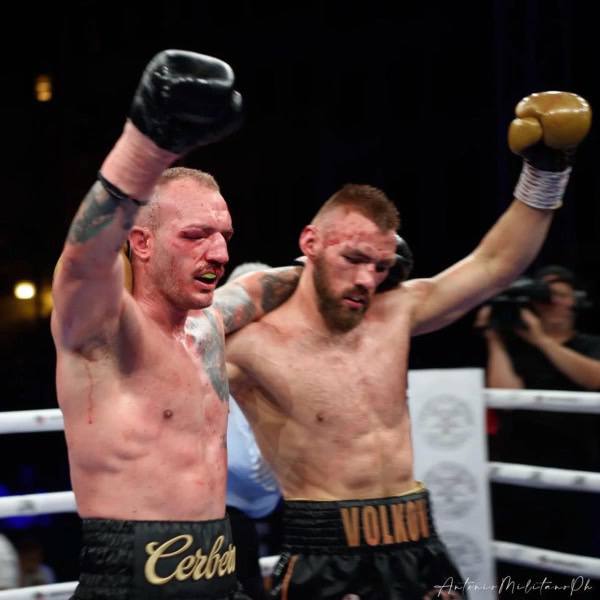
Volkovs’ team has announced their intention to appeal the decision with the WBO. Whether this will lead to any remedial action — such as an ordered rematch or a scoring review — remains to be seen. The WBO Global Title may not be a world championship, but treating any dispute like this as a matter of principle is vital to any sport.
Appealing the WBO: Is It Worth It?
Appeals over decisions are not uncommon in boxing, but overturning a result is exceedingly rare. In many cases, a sanctioning body can review the scoring or order a rematch, yet the official decision rendered on said fight night typically stands.
The World Boxing Organization (WBO) does have an appeals process. One famous case was Manny Pacquiao’s controversial 2012 loss to Timothy Bradley. After Pacquiao dropped a split decision that many felt he clearly won, the WBO took the step of convening a panel of five independent judges to re-score the fight. All five of those WBO-appointed judges scored the bout in favor of Pacquiao.
The WBO had no authority to overturn the Nevada State Athletic Commission’s decision; at most, the organization could clarify who they thought won and potentially mandate a rematch. (Pacquiao-Bradley did eventually lead to a direct rematch, but only because both fighters agreed to it; the record of the first fight remains a Bradley win.)
Fast forward to 2017, another incident saw Pacquiao on the wrong end of a decision — this time against Australia’s Jeff Horn. That WBO welterweight title fight’s outcome, a unanimous decision for Horn, was widely criticized, prompting the Philippine government’s sports commission to lodge a protest.
The WBO, again, arranged a review with independent judges. In that case, the panel’s “re-count” found the Australian to have won the fight seven rounds to five, essentially affirming the original verdict. Horn’s upset over Pacquiao was thus vindicated by the WBO’s review, and the result was not changed.
These examples show that while the WBO can respond to controversial results by reviewing them, the purpose is more about transparency than actually overturning decisions. In boxing, judges’ decisions are final, barring extreme circumstances (such as proven scoring tally errors or violations). The most a fighter can usually hope for is a review or a mandate for a rematch from the sanctioning body.
However, in Milans’ own words:
“We went in as underdogs and turned the whole thing upside down. It was a challenge; we accepted it and did everything we could.”



